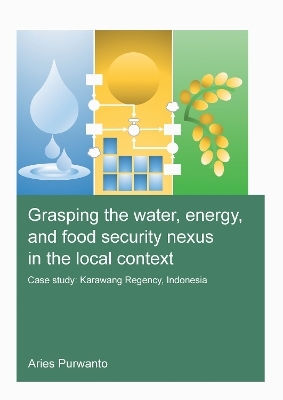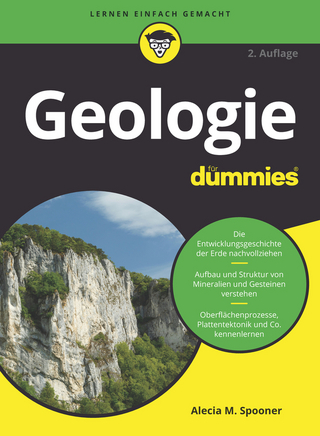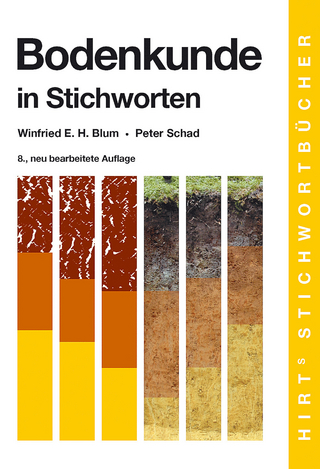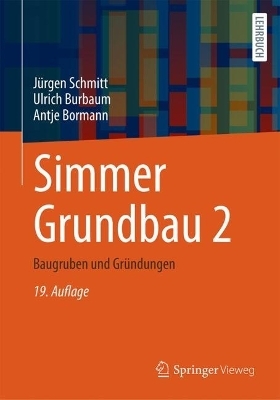
Grasping the Water, Energy, and Food Security Nexus in the Local Context
CRC Press (Verlag)
978-1-032-07645-4 (ISBN)
The existence of water, energy, and food (WEF) is critical for people to fulfil their basic needs, to achieve welfare, and to support the Sustainable Development Goals (SDGs). The WEF security topic is becoming widely discussed in developing and developed countries. Major components of WEF security i.e. availability, accessibility, and quality should be achieved integratedly to avoid unexpected impacts. The interconnectedness among endogenous and exogenous variables such as environmental, socio-economic, and political factors makes this issue immensely complex. The nexus approach attempts to integrate management and governance across sectors and scales to improve WEF security. This study aims to grasp WEF security in a local context and evaluate the implications of planned local interventions by developing a conceptual and quantitative analysis with local stakeholders. Karawang Regency in Indonesia is chosen as the case study. Several strategies for WEF-related sectors are formulated using location quotient (LQ) and competitive position (CP) methods. In addition, qualitative and quantitative system dynamics models are established by involving related stakeholders through group model building. Finally, a nexus-based framework for WEF security is developed to assist local policymakers in doing the evaluation and planning of WEF resources in the region.
Aries Purwanto has been working as a Development Planner in Karawang Regency, Indonesia for more than 10 years. Started from September 2016, Indonesia Endowment Fund for Education (LPDP) provided him full financial support to undertake Ph.D. research in Land and Water Management Department at IHE-Delft and affiliated with Wageningen University and Research (WUR) The Netherlands. His research explores the water, energy, and food (WEF) security nexus approach and its implementation in the local context. His major research interests are mostly in natural resources management, land and water, environment, WEF security, nexus approach, GIS-based and spatial analysis, and system dynamics modelling.
Introduction, Background, Problem identification, Research objectives, Methods summary, Study area, Thesis outline, WEF nexus: Existing WEF nexus framework, Knowledge gaps, criticisms, Efforts in narrowing the gaps and addressing criticisms, and Future improvements, WEF-related sectors in local economic development, Comparison of Sector’s Agglomeration, Trends of WEF-related sub-sectors, and Proposed strategies, Group model building and qualitative WEF security nexus dynamics, Causal loop diagram, GMB workshop script, Karawang WEF security (K-WEFS) model, Quantitative simulation of WEF security nexus, Stock-flow diagrams, Model behaviour test, Quantitative K-WEFS model, Sensitivity & policy analysis, Synthesis and recommendation; Increasing resource production, Reducing trade-offs, Building synergies, Nexus approach for evaluation and planning
| Erscheinungsdatum | 04.08.2021 |
|---|---|
| Reihe/Serie | IHE Delft PhD Thesis Series |
| Verlagsort | London |
| Sprache | englisch |
| Maße | 170 x 240 mm |
| Gewicht | 322 g |
| Themenwelt | Naturwissenschaften ► Geowissenschaften ► Geologie |
| Naturwissenschaften ► Geowissenschaften ► Hydrologie / Ozeanografie | |
| Technik ► Bauwesen | |
| Technik ► Umwelttechnik / Biotechnologie | |
| ISBN-10 | 1-032-07645-3 / 1032076453 |
| ISBN-13 | 978-1-032-07645-4 / 9781032076454 |
| Zustand | Neuware |
| Informationen gemäß Produktsicherheitsverordnung (GPSR) | |
| Haben Sie eine Frage zum Produkt? |
aus dem Bereich


